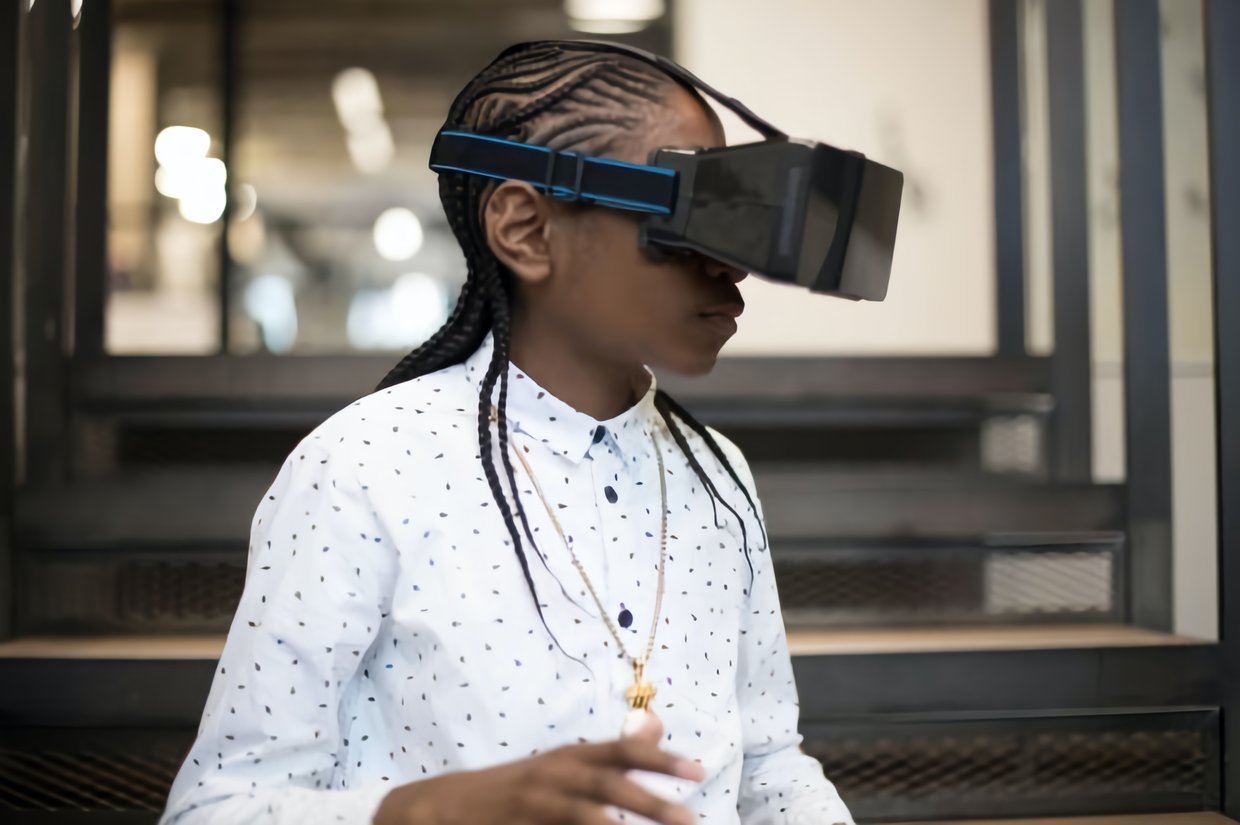Reading the press at the end of 2021, you would have been forgiven for thinking that, by early 2023, we’d all exist mainly as avatars in the metaverse. Facebook had rebranded its parent company to Meta, and we were all breathlessly evaluating the possibilities.
Clearly, the buzz has died down, and the metaverse is still very much a work in progress. Consumers are relishing real-life experiences after virtual ones dominated the pandemic, so appetite to strap on a heavy VR headset is not as high as anticipated. But that doesn’t mean that the metaverse is dead in the water; indeed, experts are still busy developing and exploring the various opportunities that the new platform has to offer. Mark Zuckerberg announced that he is planning to spend billions of dollars on improving metaverse accessibility – so what are the opportunities and how could brands harness them?
Travelling from home
The pandemic hit the tourism industry hard and, although traveler numbers are recovering, the industry feels a little more vulnerable, particularly in the face of climate change. Some destinations are using the metaverse to build their virtual worlds, thereby opening themselves up to people who are reluctant or unable to travel. Tuvalu, for example, is severely affected by climate change: its very existence is threatened by temperature increases, rising sea levels and droughts. The Pacific island’s 12,000 residents are keen to become a digital nation in the metaverse in order to ’preserve’ their country and to ‘remind our children and grandchildren what our home once was’.
Meanwhile, Seoul’s main motivation is to ‘create a metaverse ecosystem for all areas of its municipal administration’. The platform will also host virtual sessions of cultural events and tourist attractions, opening up access to the global audience. VR tourism has been backed by some of the biggest players in the travel sector such as Delta Air Lines, Hilton Worldwide Holdings and Qatar Airways, with Disneyland providing VR experiences for families. Development of tourist attractions in the metaverse offers up the opportunity for big profits, with minimal cost to the individual. A virtual island called ‘VR City’, which will feature some of the most famous landmarks across the world, could soon be welcoming visitors for just €2 ($2.20).
Transforming the workplace
Streamlining the workplace while maintaining efficiency, and making workers feel welcome and comfortable is a priority for businesses. With additional challenges since the pandemic, finding the balance is something everyone is still trying to grasp. An AI CEO could be the answer. That is the route that Chinese company NetDragon has taken: they say it ‘is a move to pioneer the use of AI to transform cooperate management and leapfrog operational efficiency to a new level’. Not only does this mean the quality and speed of work tasks will improve, but the person or people currently doing the job of CEO will be able to move into other segments of the business and facilitate growth. A metaverse workplace would bring a new meaning to collaboration, with employees from any geographical location able to work in the same ‘room’, as if face-to-face. The main benefits expected are improved collaboration, faster training, less office space needed, the simulation of co-presence and fostering company culture.
A report commissioned by US software company Ciena found that, of 15,000 business professionals across the globe, more than 78% would be open to participating in more immersive experiences within the metaverse, rather than standard video calls. However, there are risks. Workers would need to be trained to ensure that they do not become technologically unemployable, and bosses would need to be aware of loneliness and feelings of isolation among their workforce – virtual collaboration will never be the same as face-to-face contact. Meta’s Angie Gifford highlights that the metaverse is not a substitute for face-to-face interactions but that for ‘the time we spend online, we want to bring up the quality and we also want to bring people together that cannot be together’. A shift to a metaverse workplace also creates some practical problems such as security threats and privacy, and connectivity. It is important, however, to remember that this shift is still a work in progress and there are a lot of developments yet to be made. It is not going to be an overnight change, with Zuckerburg expecting an ‘embodied’ metaverse to become mainstream only in the next five to ten years.
What does this mean for the world of business?
All kinds of sectors have opportunities in the metaverse, just as they would in the real world, and first-mover advantage is likely to apply. One example is real estate, whose value is affected by location and proximity, just like in the real world. The Creative Director of the Decentraland Foundation (Decentraland is an area in the metaverse), shared some sales history: ‘when we first sold land it was all sold at $20 a pop, and we sold it all. Now, I think the cheapest you can buy is $3,500. So you can see the speculator already made a lot of money’. Another sector that has been thriving in the metaverse is the fashion industry; users can style their avatars as they please, and clothing brands are only too happy to oblige. Balenciaga, for example, teamed up with Fortnite to create a $10 hoodie, which was also sold in real life for almost $800.
Exploration is key for companies at this stage, and there are myriad ways for companies to dip their toe into the metaverse. JP Morgan, for example, has a tiger walking through the lobby of their metaverse site, but was a low-risk way to start making a name for themselves in the metaverse.
And what about advertising?
It is clear that the metaverse is an exciting new world ready to be explored. Some of the areas we have touched on above are ripe with opportunities for the adventurous advertiser, from fashion and automotive to travel and real estate. The gaming industry is another place to start: wildly popular games such as Fortnite and Roblox are virtual worlds that have been built in the metaverse. These games have youthful audiences of which a high proportion (46%) are women, making the games an attractive prospect for advertisers and a great way to start exploring this sphere. With opportunities such as billboards, live events and downloadable content, there is a lot to learn. Associated products such as measurement tools that will make the metaverse a more viable option for advertisers are being developed – for example, a system that has been patented in the US will be able to measure the complexities of viewability in a 3D format, to allow for more accurate media buying.
Now is the time to identify approach, not focus on sales
After the hype around the metaverse when Facebook rebranded to Meta, it feels like the buzz surrounding it has subsided somewhat. But that doesn’t mean that the metaverse won’t ever be big – it will just take a little longer to get there. That makes now an ideal time to experiment quietly, ahead of the rush when it does eventually take off. The focus shouldn’t be on sales – that will come later – but on identifying the right approach, so that when the crowds do come, sales will increase too.
Header image by UK Black Tech on Unsplash




.png)




